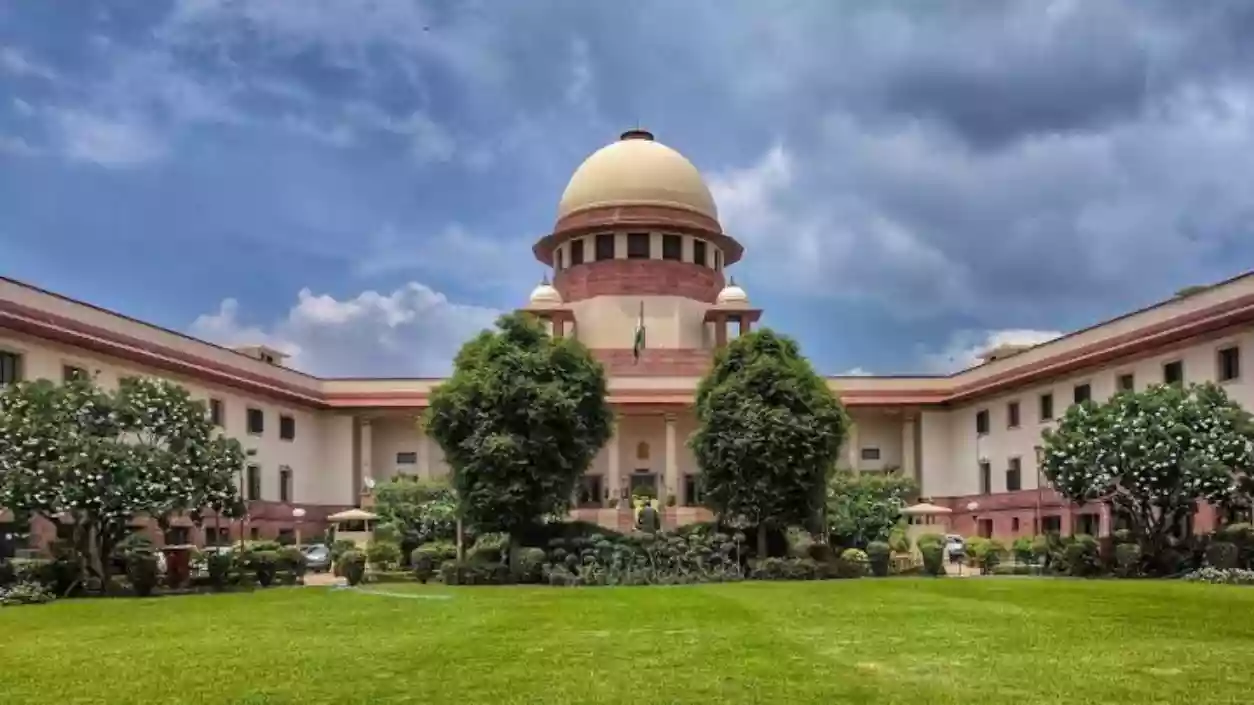.gif)
.gif)

The Supreme Court of India has stayed a National Green Tribunal (NGT) order that would have shut down 23,000 mining leases in Rajasthan due to environmental violations, granting temporary relief to the state government. The ruling allows mining operations to continue across Rajasthan until March 31, 2025, affecting around 1.5 million jobs. The bench, led by Chief Justice Sanjiv Khanna and Justice Sanjay Kumar, passed this order after Rajasthan argued that an abrupt halt in mining would have severe socio-economic impacts on communities reliant on mining for livelihood.
Earlier, the NGT had canceled all mining leases in the state over non-compliance with environmental regulations and directed an immediate shutdown of operations. The tribunal cited failures to meet the environmental standards required for mining permits. In response, the Rajasthan government filed an appeal with the Supreme Court, requesting time to address compliance concerns and avoid widespread job losses. The government stressed that the closure would impact economically vulnerable groups, including landless laborers, below-poverty-line families, Scheduled Castes and Tribes, and families of martyrs. The state argued that the mining sector is critical to employment, especially in rural areas, and asked for a one-year period to align with environmental standards.
As per the Supreme Court’s instructions, mining leaseholders currently operating under District Environmental Impact Assessment Authority (DEIAA) approvals must apply to the State Environmental Impact Assessment Authority (SEIAA) within three weeks. This requirement is aimed at ensuring that all mining activities adhere to state-level environmental regulations.
The stay on the NGT’s order will last until November 13, with further hearings scheduled to assess ongoing compliance efforts. The Ministry of Environment, Forest, and Climate Change (MoEF) supported the Rajasthan government’s plea, acknowledging the potential economic impact and employment disruptions of a mining shutdown.
In its appeal, the Rajasthan government emphasized that over 50% of mining leases are granted to individuals from economically disadvantaged communities, particularly those without land ownership or alternative income sources. The state requested a balanced approach to meet environmental requirements while preserving jobs.